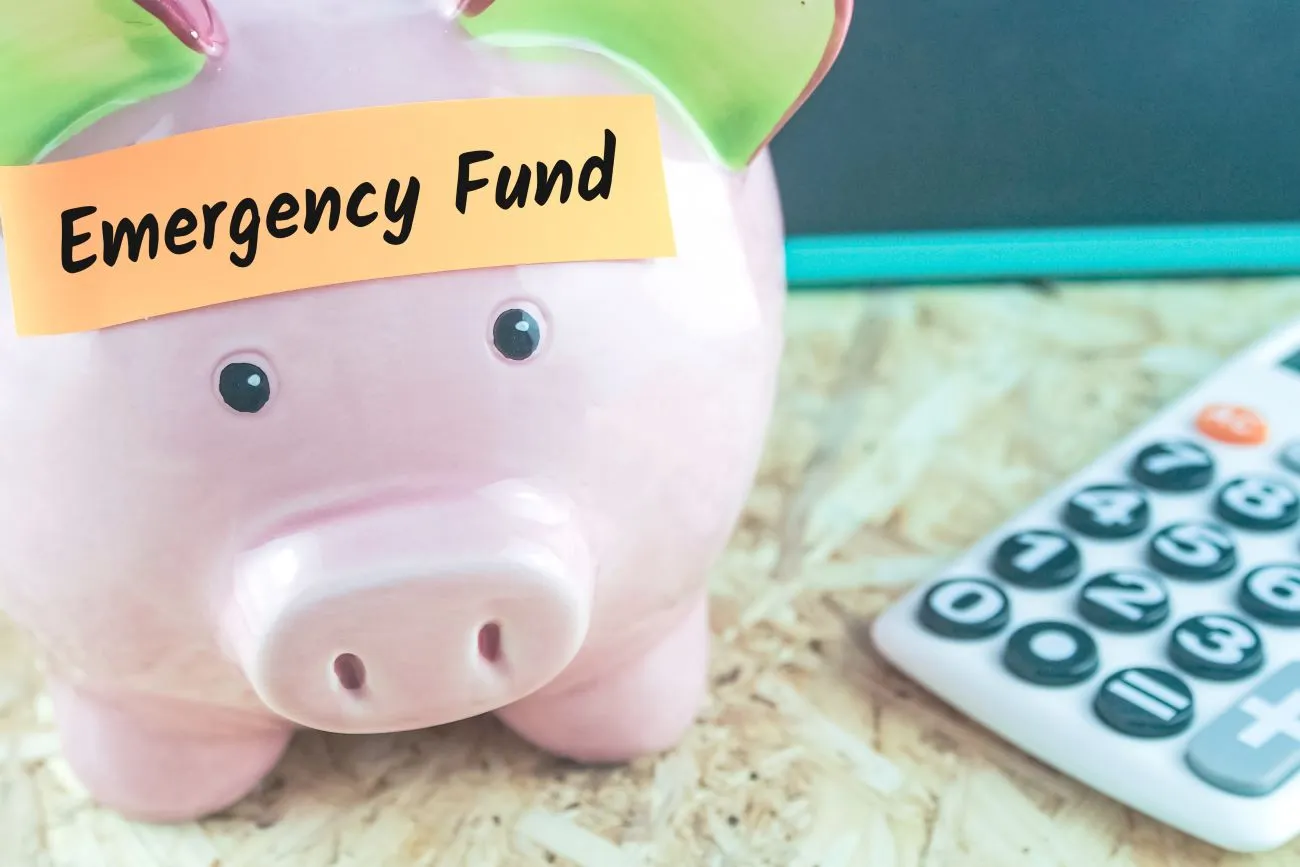Having a robust financial plan can help cushion the blow of uncertainties in financial life when the pandemic took a toll, only those who had a backup plan managed to ride out.
Economic uncertainties will undoubtedly impact your finances, but as you know, you can do nothing about it. You need to find out alternatives to make your money work for you during hardships.
You can take a sigh of relief as direct lenders in the UK are out there to provide you with a quick injection of cash. Yet, you need to have money stashed away as emergency funds.
When it comes to making a financial plan that does not go awry, you need to set down goals. Your plan will depend on the goals you want to achieve. For instance, the plan to aim at getting rid of debts must be different from that aims at building an investment portfolio.
In order to come up with a plan that works for you, you need to monitor your progress constantly and fine-tune it to the current situation. It takes time to build an effective plan.
Tips to get through dynamic financial times
Financial situations are volatile, and hence your financial plan cannot be the same for an eternal period, but there are a lot of things you need to bear in mind so you do not give up in the middle. Here is how you can go through financial hardships:
- Do not lose patience
It is easier said than done, but the fact is that life does not always go the way you want. Even if you have an effective plan, it may fail. It is crucial to be calm and not to react in rage. For instance, if you invest money in the stock market and the value of your shares has dwindled, you should stay calm and not lose focus.
You can immediately decide to sell your shares out of fear but only find that the market has regained its lost momentum. Irrational behaviour can prompt you to make a decision that will never work in your favour.
- Have a backup plan
You need a solid financial plan designed for the current situation, but as you know that things do not go as per plan, you should be ready with a backup plan. For instance, now you have a full-time job, so you do not need any additional money source to meet your expenses.
In case you are caught by unforeseen expenses, you can take out cash loans for people on benefits. The problem will arise when you lose your job. Though unemployment benefits and savings can see you through, you never know how long you will be in the state of unemployment.
Therefore, you must have a backup plan to fight this situation. You must already have an income source to not run out of money despite being made redundant. Try to build a rental income source or invest money to earn dividends and interest. If you can get a part-time job or freelancing, you should. Having an alternative income source beforehand will help you stay controlled and organised.
- Cut back on unnecessary expenses.
Regardless of what had been working for you, you cannot stick to the same plan now. Your financial situation is tight, so you need to tweak your plan so you can meet all of your expenses. Money is tight, so you will have to cut down on your expenses.
Review your budget to see inessential expenses. See if there is a scope of cutting back on them. If you are unemployed, you should completely remove discretionary expenses. A lean budget will be a perfect way to make ends meet.
Sometimes the problem is too severe. If you are buried under debt, you will have to find room to cut back on essential expenses as well. You can do it by downsizing your lifestyle. For instance, you can rent out at a cheaper location. If you are on a mortgage, you can refinance it – of course, refinancing is possible when you land a new job.
- Keep long-term goals in mind.
Achieving short-term goals is necessary but do not forget to think about long-term goals. Your financial plan must be framed in a way that aims at achieving both types of goals. These goals include weddings, owning a car, house, and building retirement funds.
The final word
If you want to keep the wolf from the door during a financial crisis, you will have to make a plan that works per your needs. Set both short term long term goals, and then come up with a plan that helps achieve both types of goals. Try to have a backup plan if it does not work. Keep monitoring it to see if it makes progress.






